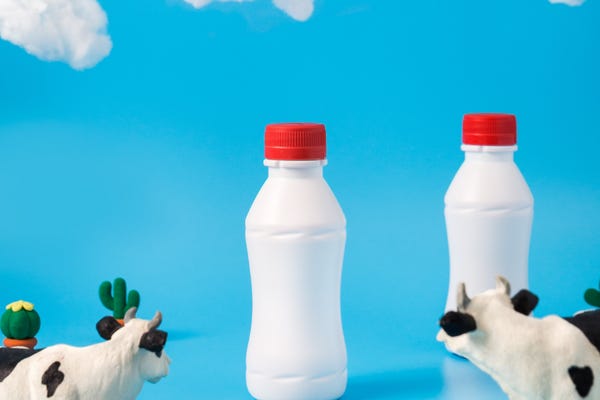ecophilia - fasting, fungi & fractals #7, probiotic living
Jessica Böhme
Day 9 of fasting, fungi & fractals.
Probiotic living

As I mentioned in the introduction to this project, the Ecocene requires a shift towards a probiotic planet. I came across the concept from the book of just this title by Jamie Lorimer. He describes it as follows:
“I use the adjective probiotic in an expansive sense to describe human interventions that use life to manage life, working with biological and geomorphic processes to deliver forms of human, environmental, and even planetary health. Going probiotic goes well beyond a preference for live yogurt; it links a range of efforts that aim to change the composition of biophysical systems to modulate the rhythms and intensities of their ecological interactions”.
Yet, the probiotic planet also includes live yogurt. It spreads from regenerating the microbe in our microbiome to regenerating the land on Earth. Of course, the ecology of a nature reserve differs from the ecology of the human body.
Regeneration and Rewilding
Regenerating is often associated with rewilding parts of the planet untouched by humans. And in which nature can take over again. Yet, wilderness and pristine nature became obsolete in the Anthropocene. There is nothing left unchanged by humans. Moreover, separating humans from wilderness only increases the divide between humans and nature. Humans are part of nature, so they are also part of the wild. It is usually much more comfortable making space for awkward natures out there than for me to make my body a home for nonhumans whose proximity might engender some discomfort.
In the Ecocene, the fates of nature and people are deeply intertwined. The probiotic planet thus doesn’t fence nature in a natural park. To use life to manage life, we bring the wilds in our gut and our living room. We make it part of our environment and part of our daily life. For example, instead of cleansing ourselves from bacteria and fungi, we ask how to live in a symbiotic relationship with them. We serve them as a home and our body’s ecosystem. In return, they help us by keeping our body’s ecosystem healthy.
Post-Anthropocentic integration

Art by Imperial Boy: http://www.iamag.co/features/the-art-of-imperial-boy; http://tksn.sakura.ne.jp/
The idea to return to pre-modern times, or even to hunter-gatherer modes of living, might be aspirational for some. I am more fascinated by how to integrate these ancient modes into the contemporary. I sympathize with the idea of metamodernism or integral theory to develop new ways by taking the best out of each former way. I have a strong desire to study human entanglements with nonhuman agencies. The underlying question that this leads back to is
“What is our place in this world?”
Through years of research, I discovered that such fundamental questions can never be answered. Instead, they become a living question, a living being, by themselves, accompanying us along the way; like a hyperobject, as Timothy Morton puts it, it is impossible to grasp fully. It’s touched by being untouchable. To me, this is the cosmic joke. A natural law of the universe: now you see me, now you don’t.
The probiotic planet then is a momentarily answer to this question.
My place in the world is in the wild.
I am the place for the wild.
I use life to manage my life.
Life uses me to manage her.
What do you want.
I ask.
Yogurt.
She answers.
Enjoy you yogurt.
Love,
Jes
In order to unsubscribe, click here.
If you were forwarded this newsletter and you like it, you can subscribe here.
Created with Revue by Twitter.
Jessica Böhme, Weserstr. 48, 12045 Berlin



